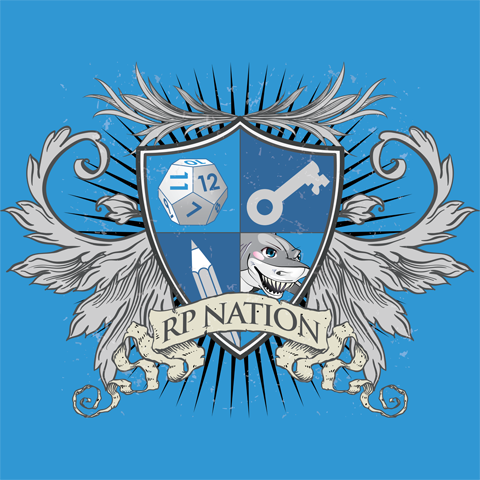proiettile
ˢˡᵉᵉᵖⁱⁿᵍˢ ˢᵒ ʰᵃʳᵈ ʷʰᵉⁿ ʸᵒᵘ ᶜᵃⁿᵗ ˢᵗᵒᵖ ᵗʰⁱⁿᵏⁱⁿᵍ
Hey! In my group, I've been elected to be the DM. (Which I don't mind, and it'd be my first time.) To the DMs, players, and spectators of D&D here: What are some key elements for making a campaign, making one interesting, and enjoyable. I really don't know what to do, so... please.
Thank you for anyone who responds in prior.
-Prometheus, the Jackal of All Trades
Thank you for anyone who responds in prior.
-Prometheus, the Jackal of All Trades


